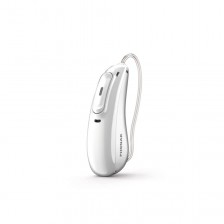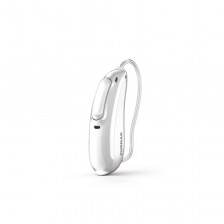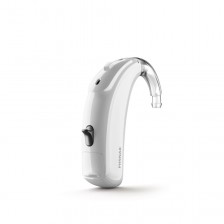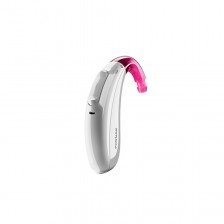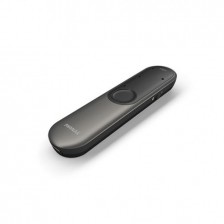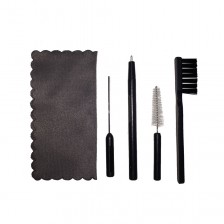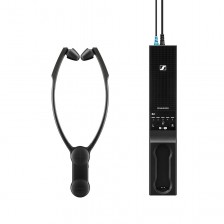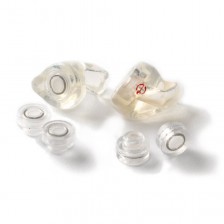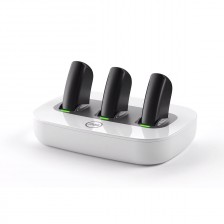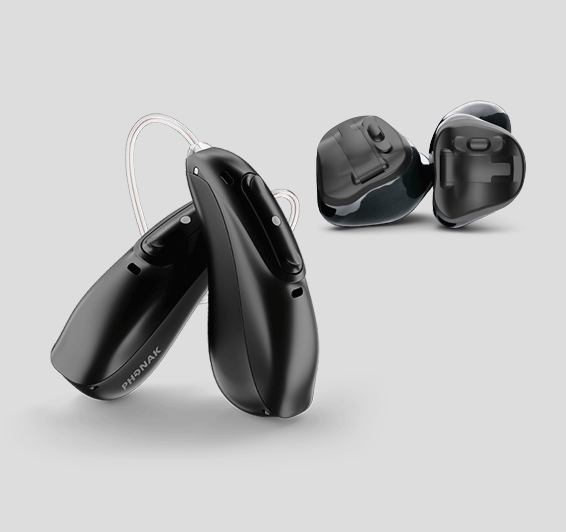What does an audiologist do?

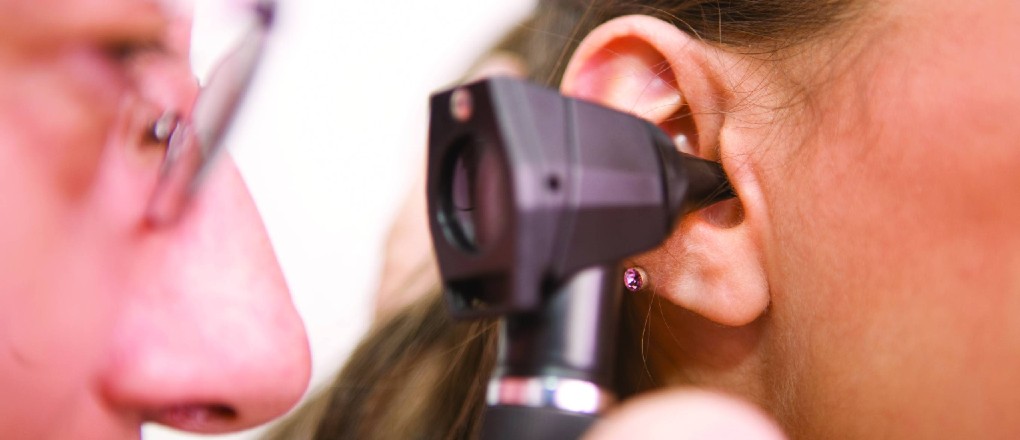
When a person detects that they have hearing problems, they always ask the same question: Where should I go? To the ENT doctor or the audiologist?
Opting for one of the two options without being sure if you have chosen the correct option. Therefore, in this article we will try to give you the keys to choose with as much information as possible.
The audiologist is a senior technician in Prosthetic Audiology and is fundamentally dedicated to studying the hearing loss of people to offer the best corrective or palliative solution in each case. However, the ENT, as a medical professional, is dedicated to curing or healing those injuries in the ear that have a medical solution. Let us detail, more specifically, the differences and different situations in which a patient may have doubts about where to turn.
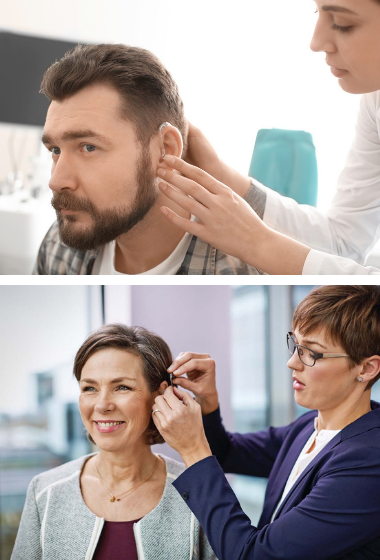
Differences between an ENT and an Audiologist
Starting from the premise, discussed above, in which practitioners are doctors who are dedicated to diagnosing ear injuries and that audiologists simply seek corrective measures for hearing loss. We could say that a patient should go to the ENT when he feels pain, discomfort or if he believes that the loss may be due to physical alterations in the ear. Instead, you will need to see an audiologist if your problem is based solely on progressive hearing loss. We already detailed in the previous post, the different alerts that can help us to intuit a hearing loss.
Let's see specific situations in which we must go to the specialist:
- Sudden hearing loss. If your hearing loss has been sudden, it may be due to a specific ear problem, which will need to be diagnosed by the ENT.
- Pain or irritation in the ear.
- Dizziness or vertigo in which you suspect that the cause is the ear, since the organ of balance is precisely in the inner ear.
Here you can see, in a little more detail, what an otolaryngologist does.
On the contrary, you should go to an audiologist in case of:
- Feeling that over time you are losing hearing. You can deduce it by paying attention to the symptoms that we discussed in the previous post
- Already being diagnosed with Tinnitus, hearing loss or another condition where the only solution is palliative therapies through the use of hearing aids.
Accompaniment of the audiologist to the patients

In addition to evaluating the patient's hearing loss and offering the best solution according to her needs, audiologists perform another very important function. Accompany the patient during their adaptation to the new situation in which they find themselves. It is not easy to assume from today to tomorrow that you have a hearing loss and that, most often, for the rest of your life you always need to be accompanied by your hearing aid in order to lead a completely normal life. Unlike spectacles to alleviate visual problems, hearing aids are still not sufficiently accepted by the population, which causes a negative stigmatization of hearing loss.
Faced with this situation, audiologists have acquired such an important role, such as accompanying the patient in the knowledge "without prejudice" of their problem, in accepting the problem from a positive perspective and choosing the best hearing aid according to their needs.
If you have any questions, remember that at Claso we will be happy to help you and recommend the best option for you.
